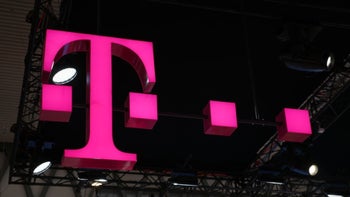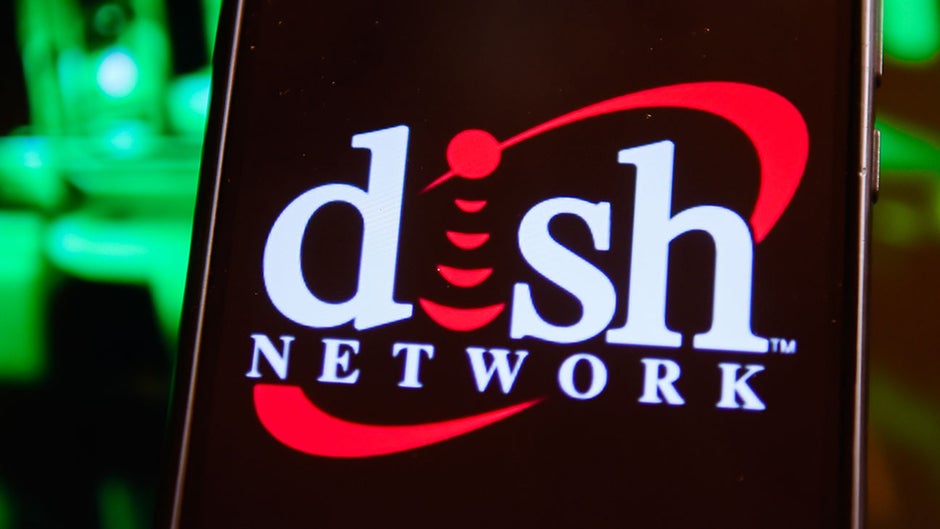T-Mobile is accused of lying to California regulators to get Sprint merger approved

T-Mobile contradicts sworn testimony of its CTO Neville Ray
The CPUC says that it might amend the Order to Show Cause to include possible charges related to the early retirement of Sprint’s network. T-Mobile’s Chief Technology Officer (CTO) Neville Ray failed to mention in his testimony that the PCS spectrum used for CDMA would be needed for T-Mobile’s 5G build-out and that it is used to deliver CDMA service to Boost subscribers.
The CPUC also said in the filing that “The Commission relied on the specific false statements, omissions, and/or misleading assurances T-Mobile gave regarding its use of the PCS spectrum and its repeated references to a three-year customer migration period without a degraded experience in framing D.20-04-008. Further, it appears that these false statements, omissions and/or misleading assurances and the related time references were intended to induce the Commission to approve the merger.”
Sprint sold off its pre-paid businesses to Dish including Boost Mobile and T-Mobile reached an MVNO deal with Dish to provide it with wireless service for seven years. This allows the satellite television content provider to offer wireless service now without having to wait to complete the build-out of its own network. At first, T-Mobile said that signing the MVNO deal “would have no adverse impact on T-Mobile’s existing and 5G networks but now claims that maintaining the CDMA network would delay the 5G build-out.”
T-Mobile will respond to the filing via a virtual hearing to be held on September 20th
T-Mobile also now states that it cannot delay the planned shutdown of its CDMA network on January 1, 2022. As a result, there could be a negative impact on customers who have yet to migrate to Dish’s LTE or 5G service.
T-Mobile wanted to purchase Sprint in order to pick up its large holdings of 2.5GHz mid-band spectrum to help build its 5G layer cake service using mmWave high-band, 600MHz low-band sandwiched with the 2.5GHz mid-band. The characteristics of mid-band spectrum provide a much-needed balance against the short distances that mmWave signals travel (albeit with fast download data speeds) and the long distances (but with slower data speeds) offered by low-band airwaves.
A virtual hearing is scheduled for September 20th and T-Mobile faces a fine for each offense it is charged with ranging between $500 and $100,000.
For all the latest Technology News Click Here
For the latest news and updates, follow us on Google News.


